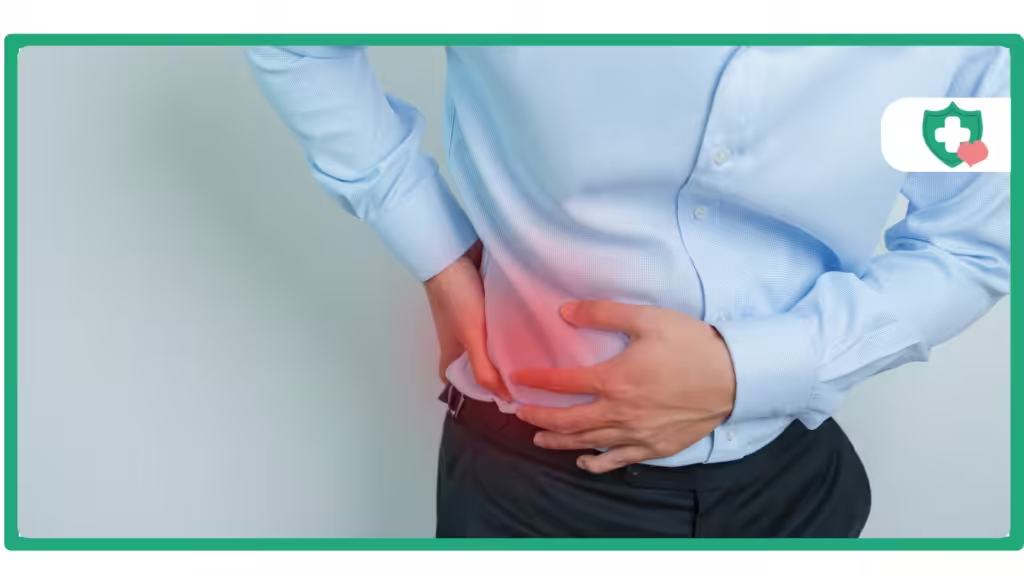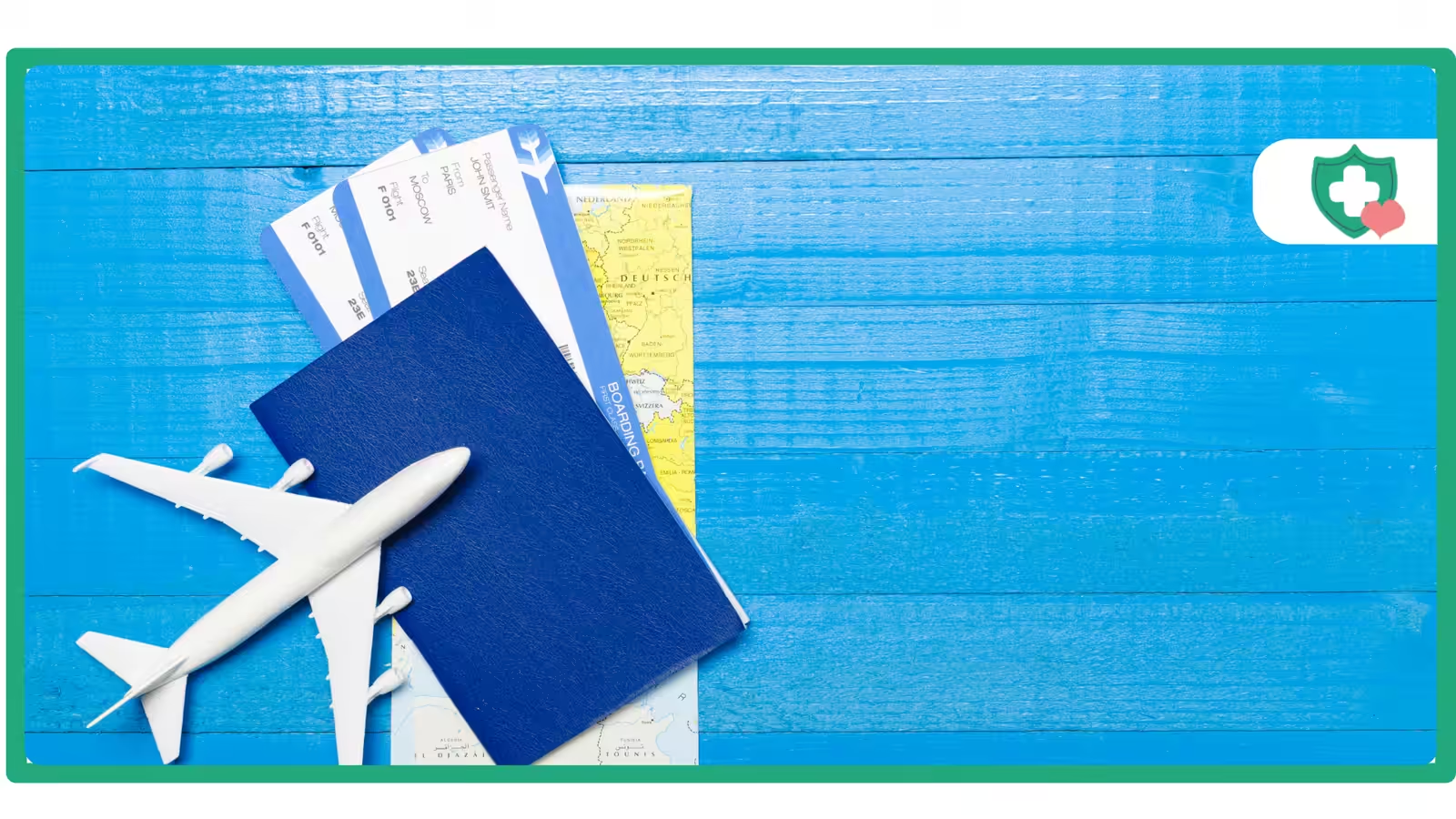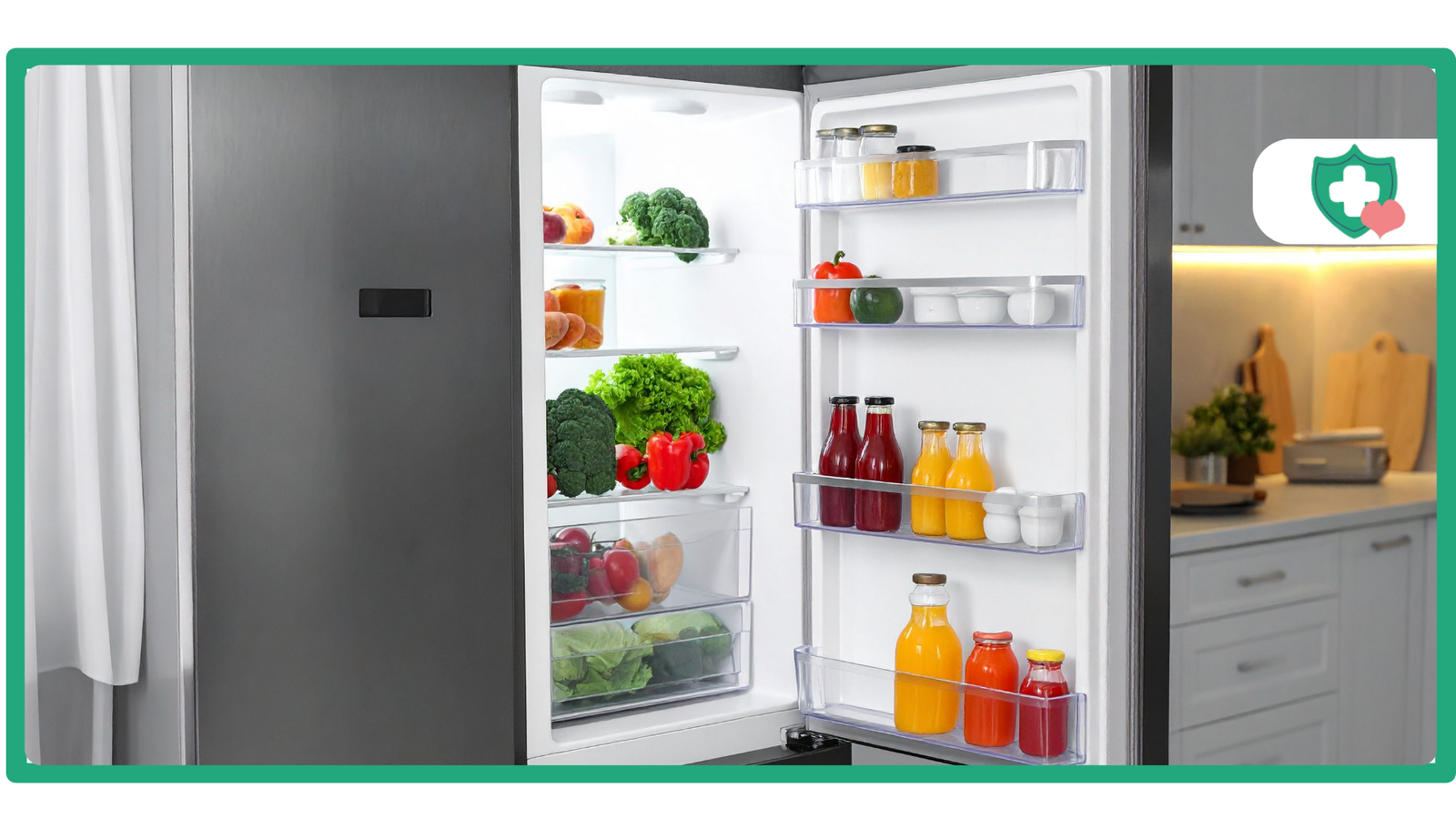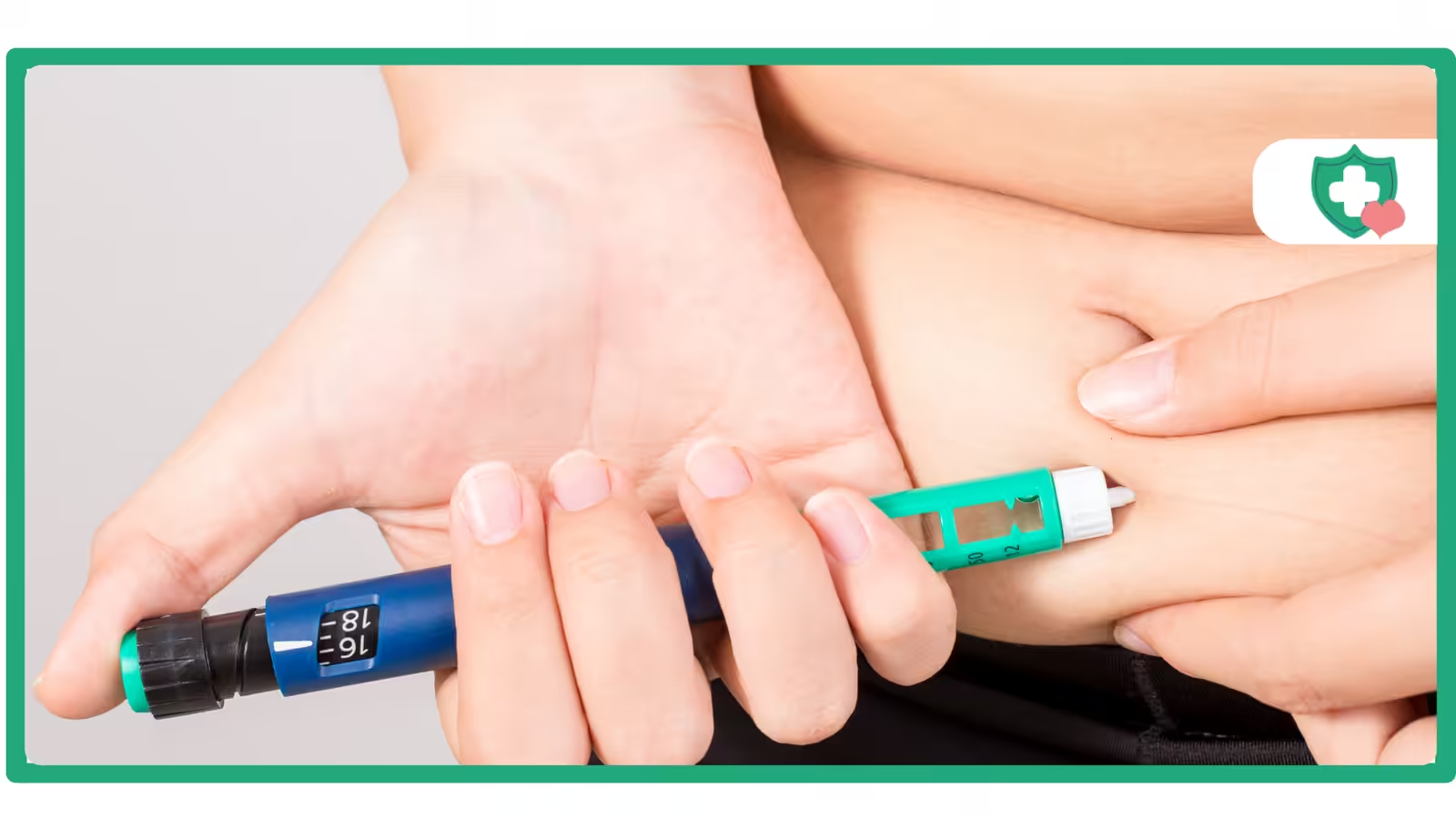When you’re on a journey to improve your health with Mounjaro, it’s smart to think about how it affects your whole body. This includes important organs like your kidneys. Your health and safety are always the top priority.
A common question that people have is, “Can Mounjaro cause kidney stones?
We are here to give you a clear, science-based answer to that question. We will look at the indirect link between Mounjaro and kidney stones, explain why it can happen, and give you a simple, powerful plan to protect your kidneys. Knowing about this is the best way to stay safe and healthy.
Does Mounjaro Directly Cause Kidney Stones?
Let’s start with the most direct answer to give you peace of mind. If you look at the official information that comes from the makers of Mounjaro, kidney stones are not listed as a direct side effect.
This means that the medicine itself is not known to go into your body and create stones. The studies have not shown this to be a direct result of taking the medicine.
It is important to know that Mounjaro does have a warning about a different kidney problem called “acute kidney injury.” This is a more serious issue that can happen if you get very dehydrated. Our focus here is on the more common problem of kidney stones.
How Mounjaro Can Increase Your Risk
So, if the medicine doesn’t directly cause kidney stones, why do we need to talk about it? It’s because there is an indirect link. This means the medicine can cause other things to happen that might then lead to kidney stones.
Dehydration
The biggest reason for this risk is dehydration. Dehydration is just a fancy word for not having enough water in your body. This is the number one cause of kidney stones for everyone.
Some of Mounjaro’s most common side effects are feeling sick to your stomach (nausea), vomiting, or having diarrhea. When these things happen, your body loses a lot of fluid. It can also make you not feel like drinking anything.
Think of your pee like lemonade mix. If you put a lot of powder in just a little bit of water, the powder doesn’t dissolve well and it gets clumpy. Your pee is the same. When you are dehydrated, your pee gets very concentrated with waste products. These waste products can clump together and form tiny crystals, which can then grow into painful kidney stones.
Changes in Your Diet
When people start to lose weight, they often make big changes to their diet. Many people start eating more healthy foods like spinach and nuts.
While these foods are very good for you, they are also high in a natural substance called oxalate. In some people who are prone to kidney stones, eating too much oxalate can be a factor. This is a general nutrition fact, but it’s good to be aware of as you change your eating habits.
Your Kidney Stone Protection Plan
The best news about this risk is that you have the power to prevent it! Here is your simple protection plan to keep your kidneys happy and healthy.
Rule #1: Hydrate
This is your most important job. You need to drink plenty of water all day, every day. Your goal should be to drink enough so that your pee is a clear or light yellow color.
A great tip is to carry a water bottle with you everywhere you go. You can also set reminders on your phone to take a few sips of water every hour.
Listen to Your Body’s Thirst Signals
Don’t wait until you feel super thirsty to drink. If you feel thirsty, it means your body is already getting dehydrated. Try to drink water steadily throughout the day to stay ahead of thirst.
Manage Nausea to Stay Hydrated
If you feel too sick to drink water, that’s a problem you need to solve. Talk to your doctor about ways you can manage the nausea. This is a key part of answering “Can Mounjaro cause kidney stones?”—by managing the side effects that lead to dehydration, you manage the risk of stones.
What Do Kidney Stones Feel Like? Know the Symptoms
It’s very important to know what a kidney stone feels like. If you ever feel these symptoms, you will know to get help. The signs include:
- A severe, sharp pain in your side and back, just below your ribs.
- Pain that spreads down to your lower stomach and groin area.
- Pain that comes and goes in waves, getting very strong and then easing off.
- A painful or burning feeling when you pee.
- Pee that looks cloudy, pink, red, or brown.
A Safe and Supported Weight Loss Journey
A safe health journey involves having professional guidance to help you manage side effects and stay healthy. For those seeking a convenient and supportive path, the Tirzepatide treatment program from Tirzepatide Medics offers a complete service.
Their program provides an online prescription for Tirzepatide, the active ingredient in Mounjaro and Zepbound that helps patients lose an average of 20% of their body weight. The all-inclusive service simplifies the process with clear pricing, including the doctor’s consultation, prescription, and medication, starting at $399 for the first month and $299 per month after that.
Frequently Asked Questions (FAQ) About Kidney Health on Mounjaro
It’s always smart to have questions about your health. Here are some simple answers.
1.I’ve had kidney stones before. Is it safe for me to take Mounjaro?
This is a very important question to ask your doctor. You must tell them about your full medical history, including any past kidney stones. They will help you decide if Mounjaro is a safe choice for you.
2.Does a higher dose of Mounjaro increase the risk?
The dose itself doesn’t directly increase the risk. However, side effects like nausea can sometimes get stronger for a few days after your dose goes up. This can make it harder to drink enough water, so you need to be extra careful during those times. You can review the typical dosing schedule with a Tirzepatide dose calculator.
3.What should I do if I think I have a kidney stone?
You should contact your doctor or get medical care right away. The pain from kidney stones can be very severe, so it is often a reason to go to an urgent care clinic or an emergency room.
4.How can I ask my provider a question about this?
It’s always smart to ask questions if you are worried. You can often send a secure message to your doctor’s office through a patient portal or find their information on their contact page.
Conclusion
So, let’s review what we learned. Mounjaro does not directly cause kidney stones. The risk is indirect and almost always comes from not having enough water in your body.
The best part is that this risk is highly preventable. By making hydration your top priority, you can keep your kidneys safe and healthy.
Can Mounjaro cause kidney stones? The risk is real but also very preventable. By making water your best friend, you can protect your kidneys and enjoy the benefits of your health journey. To learn more about starting a safe, medically-guided health program, visit Tirzepatide Medics.

















